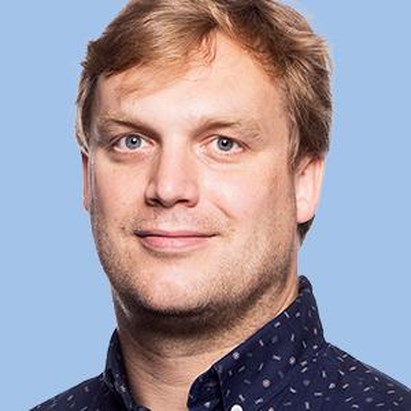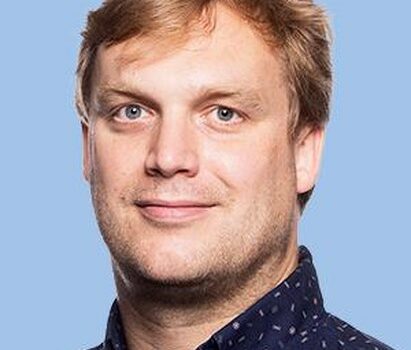
Round 2
Senne Starckx
Nationality
Belgian
Career-level
Established
Host institution
Leiden Observatory
Netherlands
Residency project
In search for other worlds
As a science journalist I merely rolled in coincidentally into writing and reporting about astronomy. Having left physics after my studies – to become a journalist – going back to it has never really been my plan. But as a background in physics or even in science was and still is quite rare among journalists, it was evident that when there was news to cover in this domain, colleagues and editors would look at me. So I became more and more familiar with space and astronomy – both due to the revival of space travel and the progress in astronomy.
When I started as a science reporter in 2006, exoplanets were still very exotic things. Only 10 years earlier was the first planet around a (Sun-like) star discovered. Now, in 2025, almost 6,000 exoplanets have been found, and many thousands of discoveries will follow in the coming years. Exoplanet research has become a quickly developing, vibrant field of astronomy.
Read MoreI had heard about the FRONTIERS programme, when it was launched with the first call. I was happy to learn that Leiden Observatory was also in the hosts database – as I knew the institute from interviews with experts working there. As the Observatory does also exoplanet research, among other topics, I decided to give it a go. I built my application around a specific project, entitled ‘A cosmic introspection’. Why didn’t we find that second Earth yet? What does this mean for the search for habitable planets? I want to tackle these questions also from a rather unusual perspective: would an alien civilization far away be able to find us – what would they need to know, to develop, to do?
When I learned that I was selected, at the end of 2024, I was excited. I would effectively be able to start this project – in the full independency that I’m used to have as a journalist. At the same time, it would be a change of working life and environment – at an institute instead of at home and at another, more monotonous pace, without having to worry about deadlines. It would be a bit like living and working, for a while, in another world.

